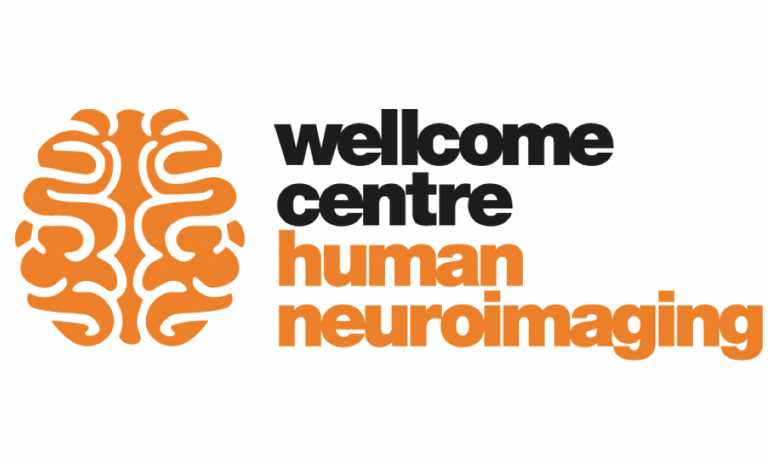Brain meeting: Mikael Brudfors
26 April 2019, 3:15 pm–4:15 pm

Analysing hospital brain scans
This event is free.
Event Information
Open to
- All
Cost
- Free
Organiser
-
Sam Ereira, Nadine Graedel and Dina Spano
Location
-
4th floor seminar room, WCHN12 Queen SquareQueen SquareLondonWC1N 3ARUnited Kingdom
Brain meeting
In this talk I present novel computational methods for processing and analysing routine clinical brain scans (e.g., CTs and MRIs). Such scans were originally acquired for qualitative assessment by trained radiologists, and present a number of difficulties for automated processing algorithms, such as those within the SPM software. The overarching objective of this work is to enable efficient and fully automated analysis of large neuroimaging databases, of the type currently present in many hospitals worldwide. The methods presented in this talk are all based on generative models of the observed imaging data, and therefore rely on informative priors and realistic forward models.
In the first part of my talk, I discuss a model for image quality improvement, whose key component is a novel prior for multi-modal datasets. I will demonstrate its effectiveness for super-resolving thick-sliced clinical scans and for denoising multi-parametric mapping acquisitions. I will then show how this same prior can be used for within-subject, intra-modal image registration, outperforming widely-used information theory-based approaches, such as mutual information.
The second part of my talk focuses on segmenting and spatially normalising pathological brains, which are currently not well handled by SPM. I propose an extension of its popular unified segmentation routine that is able to segment and model lesions from large collections of CT and MR scans, and to jointly construct robust brain templates. Finally, I show a principled way of combining the strengths of this generative model with the unprecedented discriminative capability of deep learning. By introducing a convolutional neural network as a markov random field prior, nonlinear class interactions are modelled and then learned using backpropagation. I show that this model is robust to sequence and scanner variability.
There will be coffee, tea and cake in the conservatory directly after the talk.
About the Speaker
Mikael Brudfors
at UCL
 Close
Close

